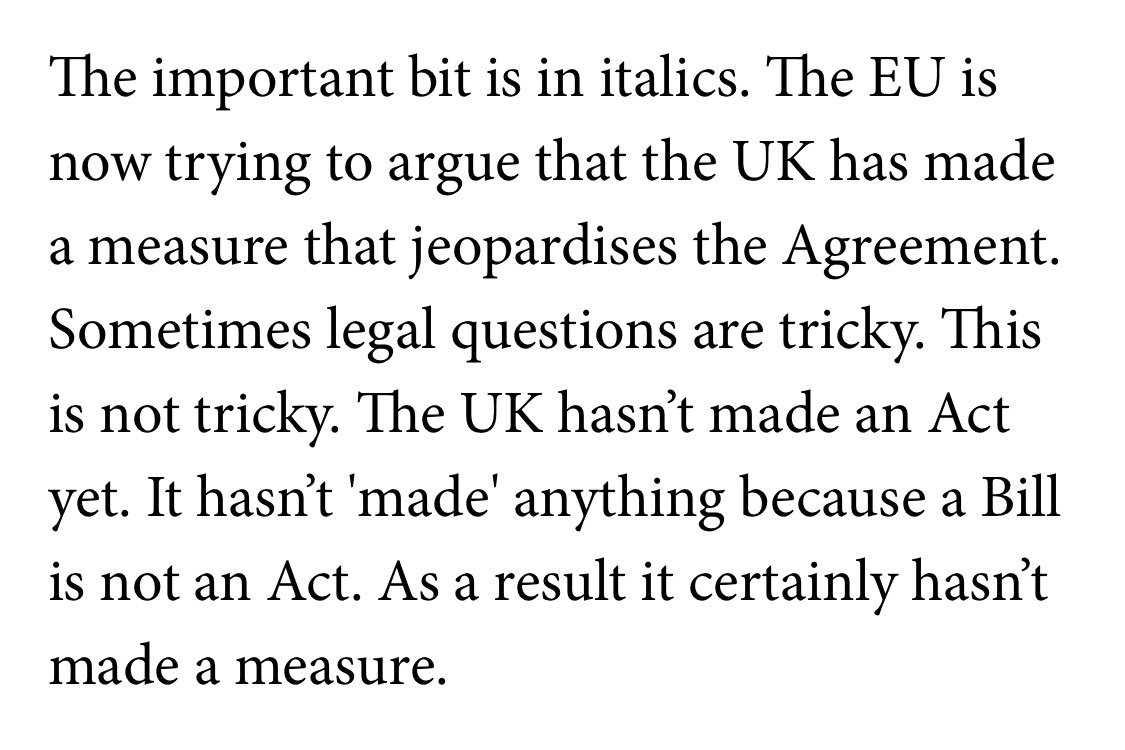
This is very good indeed. A couple of comments (with the odd excursion into subsidy policy, as that’s my hobby).
https://twitter.com/dehedgerton/status/1318112812196073473
1. I’m pretty sure Edgerton isn’t saying this, but there’s a danger of looking back at 1950s-1970s corporatism (subsidies/weak competition policy) with rose-tinted spectacles. The British state wasn’t much good at it: the Tories and then Labour abandoned it for good reasons.
2. But I think he is on the nail in pointing out the deep lack of capacity now of the British state. That is one reason why I don’t think a “trust us to be competent” (or even “trust us to be honest”) approach to subsidy policy is sustainable.
Nor do I think that that lack of capacity can be tackled by recruiting officials from diverse or eccentric backgrounds into the centre (the Cummings approach). Rather, the problem is the centre: its overload and lack of accountability.
The current government’s approach of weakening accountability (ignoring Parliament/contempt for local and devolved govt/attacks on judicial review) and increasing centralisation is precisely - 180 degrees - the wrong approach.
In subsidy control, that manifests itself in a hostility to any form of scrutiny or control of subsidy decisions (while undermining the devolved govts by taking power in the IM Bill to subsidise No10’s pet projects throughout the UK without any legal constraint).
If you want to strengthen state capacity, you need to strengthen, not weaken, accountability and scrutiny. Transparency. Accepting Parliamentary scrutiny. Acceptance of judicial review and legal standards as a way of ensuring evidence-based and fair decision-making.
And you need to decentralise power away from Whitehall (and that doesn’t mean taking *officials* out of Whitehall and putting them in the provinces: it means taking *power* out of Whitehall).
No-one who knows Germany at all thinks it’s perfect. And the UK is a different country. But at the heart of Germany’s relative success in having a capable and effective state - in subsidies as elsewhere - is its insistence on decentralisation and on strong legal accountability.
• • •
Missing some Tweet in this thread? You can try to
force a refresh









